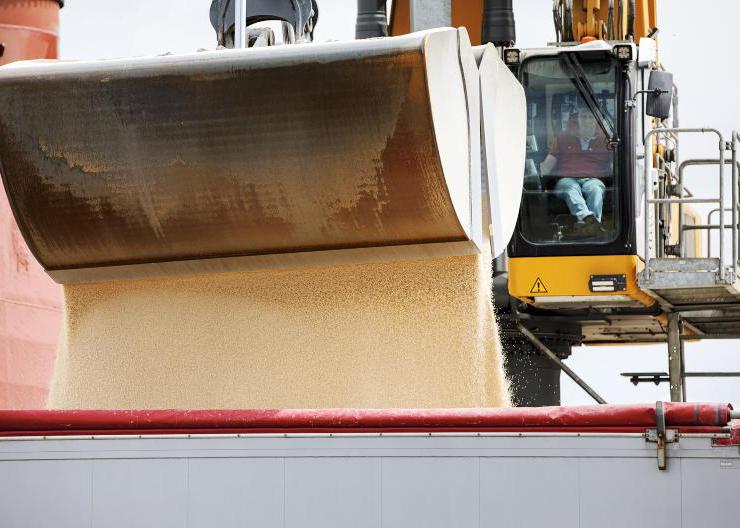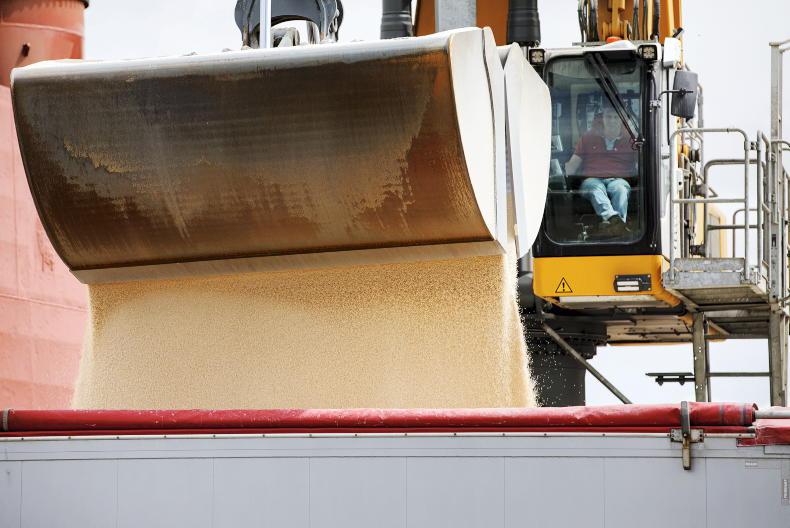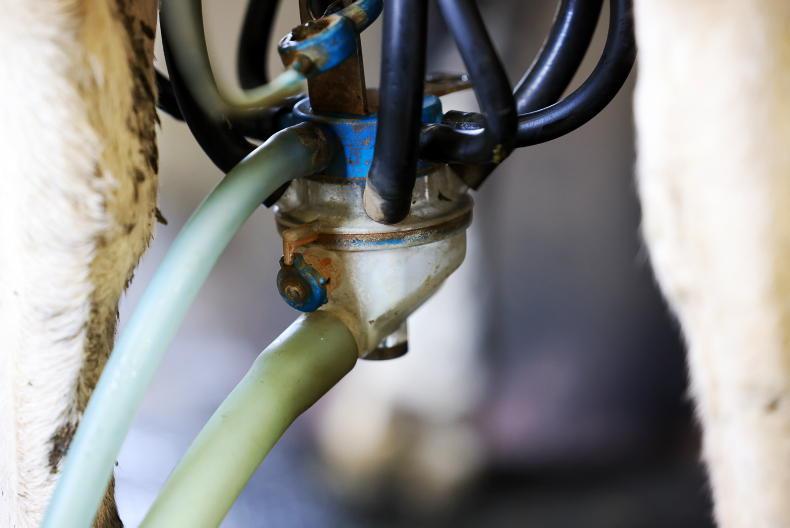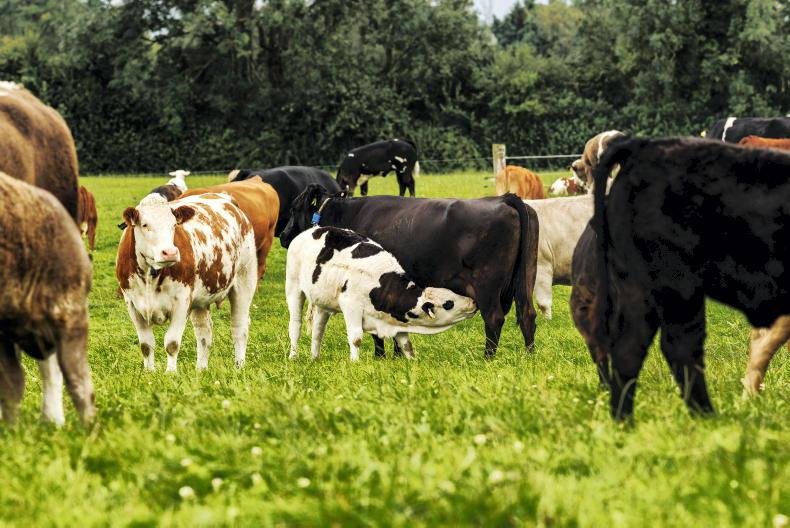The positioning of farmers within the climate debate represents a major failing by the farm lobby and wider industry to hold Government to account and protect farmer interests.
The outcome exposes the failings of a reactive lobbying strategy, both at national and EU level, that responds to the policy direction and media landscape set by others rather than a proactive approach that works to shape policy direction from the outset and informs the public debate.
After his departure from the IFA in 2008, Michael Berkery told the Irish Farmers Journal that the role of the organisation was to inform the debate with the facts and be relentless in the drive to protect farm incomes.
It was a focus that in the face of trade deals within the WTO, EU-Mercosur trade negotiations and CAP reform saw Irish politicians not only made fully aware of the financial consequences of an unfavourable deal but also the political consequences – usually in the form of large-scale demonstrations on the streets of Dublin.
The consequences of many of these threats pale into insignificance when measured against the impact of the sectoral emissions ceiling recently set by the Government. Despite this, in recent years, the willingness of the farm lobby to invest in the capacity to inform the climate debate with the facts or put the plight of the sector at the top of politicians’ agenda was missing when compared to how the sector was defended previously. At the most basic level, Irish farmers should have been fighting an intensive and proactive campaign to secure recognition that including agricultural emissions within the territorial emissions of a country that exports 90% of its agricultural produce, while at the same time including emissions from imported energy sources, was both flawed and contrary to the objective of tackling climate change.
As a consequence of this failure, farmers were positioned as a national problem, despite being part of the international solution to feeding a rising world population while reducing global emissions from food production.
Evolving understanding
There was also the evolving understanding of science, particularly in calculating biogenic methane’s contribution to rising temperatures. Did the campaign to have this recognised in Irish, EU and international policy reflect the extent to which continuing with a flawed methodology uniquely impacted on livelihoods of Irish farmers?
In recent weeks, we have seen much protest around the fact that carbon credits from renewable energy generated on farms are not allocated to the agricultural sector. Intensifying a lobbying campaign just weeks before the Government is expected to ramp up investment in on-farm renewables merely exposes the failings of reactive lobbying.
The flaws of reactive lobbying are best illustrated by the fact that the Government was not even forced to publish economic impact assessments of its policy measures on farm incomes
It has been known for over a decade that policy was to allocate credits for on-farm renewables to other sectors.
The move by the farm lobby away from informing the debate with the facts towards reactive lobbying undoubtedly helped facilitate Government in agreeing a legally binding emissions ceiling that risks devastating the agriculture sector for future generations.
The issue is not the 25% reduction figure but rather the fact that farmers are signed up to delivering on an emissions reduction figure by 2030 in the complete absence of even a basic implementation plan. Anne Finnegan details the long-term risks in terms of future legal actions in setting legally binding targets without a clear plan and a proper financial package to ensure that they can be delivered upon.
Setting an emissions ceiling that is beyond the scope of existing technologies and that ignores the scale of the technology revolution required at farm level, to even go part of the journey, effectively ensures that a cull of some sort is now almost inevitable.
Commitments from Government that measures to achieve this will be voluntary should provide no comfort – instead indicating a strategy to force farmers to reduce stock numbers through negative subsidies and increased regulations rather than provide proper compensation.
That the Government is being allowed advance this policy agenda while ignoring scientific advice and without any financial commitment to support farmers in the green transition illustrates the extent to which the farmer voice is either no longer heard or feared across political parties.
This is not the first time we have seen evidence of this. Farm organisations also struggled to have any meaningful influence on Government policy in relation to CAP reform and in securing support for the sector in the wake of Brexit. The policy direction in relation to the Nitrates Directive is another example.
The flaws of reactive lobbying are best illustrated by the fact that in implementing some of most significant policy measures of recent decades, the Government was not even forced to publish economic impact assessments of its policy measures on farm incomes and nor was any economic assessment carried out by the farm lobby.
Need to change
While ground has been lost in relation to climate policy, this is a battle that is just beginning.
In preparing for this battle, farm organisations both at national and EU level along with the wider industry must now review and identify the flaws within their strategy.
This should include exploring the need to invest in growing the capacity to develop farmer-led policy across a much broader range of areas within a much more challenging landscape.
Government and policymakers in Brussels must now be held accountable with farmer-led policies that are scientifically and economically robust. Like never before Irish farmers need a strong, united voice but this voice must get back to informing the debate with the facts and leading the policy direction rather than simply responding to it.










SHARING OPTIONS